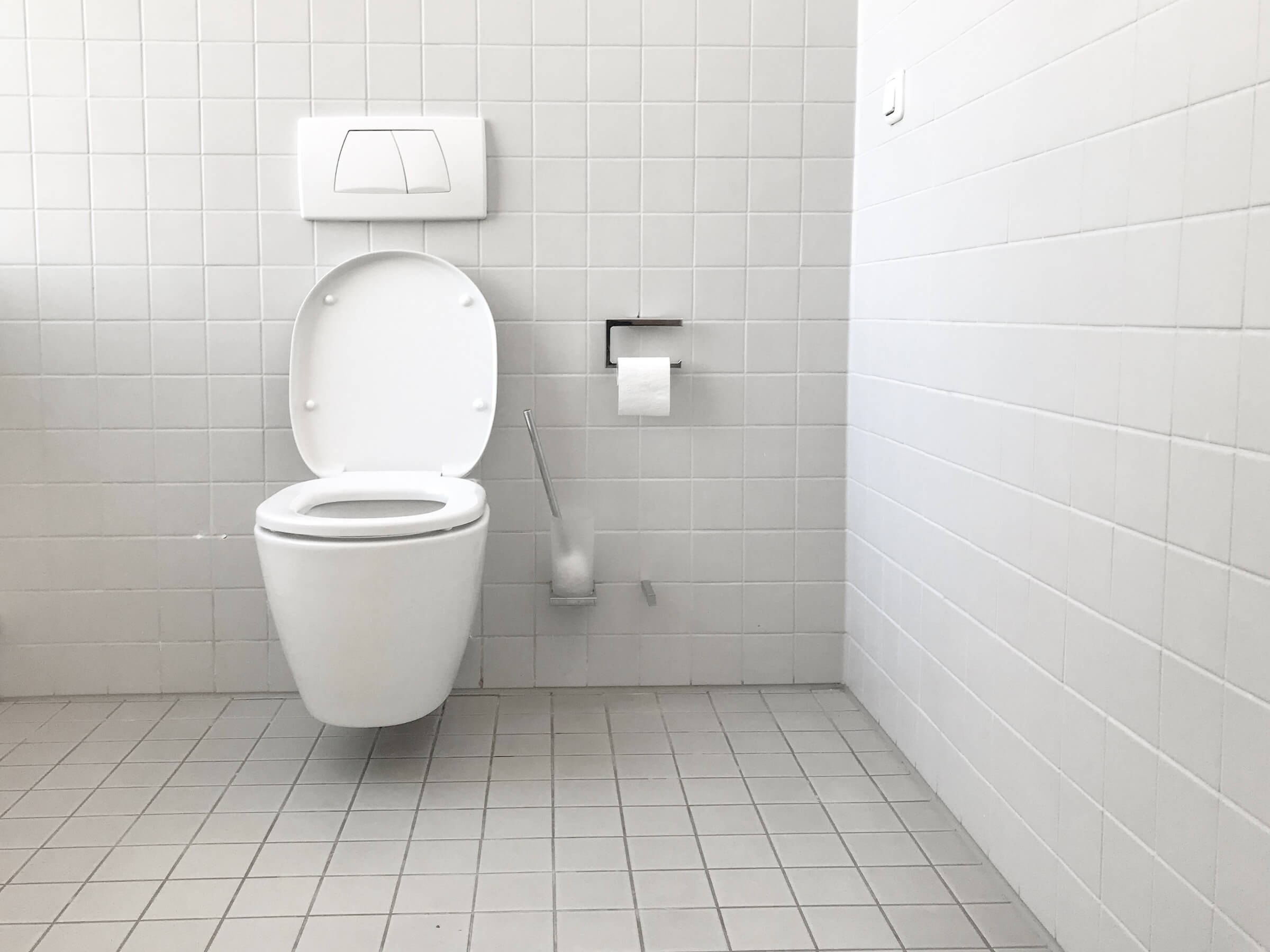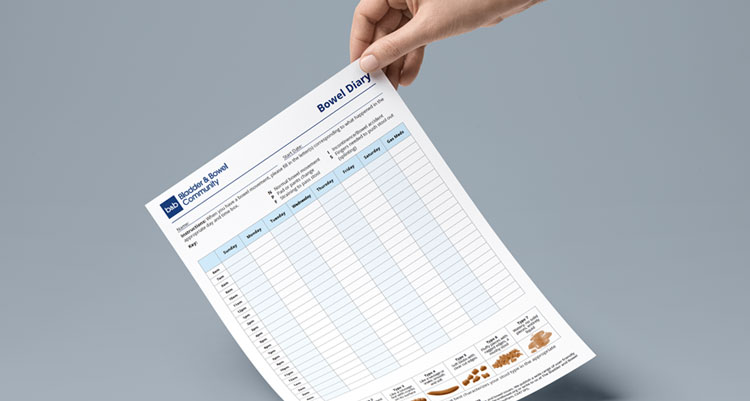It’s not uncommon to struggle with diet for IBS – knowing what your triggers are and what foods may help can be the key to reducing symptoms. So we spoke to Sarah Monk, Registered Dietitian to get the facts about Irritable Bowel Syndrome (IBS) and what vegetables to choose to help manage symptoms. We’d like to thank Sarah for her time and expert advice on this important subject.

November is Veg Pledge, with Cancer Research encouraging the nation to go vegetarian or vegan for the month. Of course, it sounds simple, but there are many considerations to take before making a big dietary change like this.
Can vegetables help IBS?
So now is the time of year we Pledge to eat more Veg, as it’s good for us, right? Well yes and no, Vegetables contain vital vitamins and minerals which help make up a healthy diet however if you live with IBS then some types of vegetables, taken in large quantities, may make your symptoms worse and some foods may make you double up in pain, have embarrassing wind, diarrhoea and constipation and make your abdomen swell until you look 9 months pregnant…sound familiar?
What can you do to reduce IBS symptoms?
Changing your diet can help alleviate these symptoms but the most important tips to remember are:
- Follow a healthy, balanced diet
- Stay Hydrated (Drink 8 cups per day)
- Minimise or manage stress (download a App such as Calm or Headspace to support you to do this)
- Stay active…(a gentle walk or swim will help alleviate stress and help control yours symptoms)
Knowing what to eat is always a challenge for people with IBS as some common foods such as onions, garlic, cauliflower, beans and pulses (such as chick peas lentils baked beans and kidney beans) are often the culprits, which set off your symptoms. The other challenge is not everyone’s sensitive gut is the same, as lots of other lifestyle factors and foods have an effect on how our gut functions.
So what vegetables can you eat with IBS?
Some veg such as Butternut squash, Broccoli, Avocado, Sweetcorn and Peas can be tolerated, if taken in small quantities, say 20- 40gms per portion.
The ‘safer’ veg can be enjoyed twice to three times a day. Aim for 80gms (3 tablespoons) of aubergine, bean sprouts, bamboo shoots, cabbage carrot, courgette, cucumber, lettuce, olives, parsnips, peppers, plantain potato, pumpkin, spinach, rocket, tomatoes, radish, rocket, spinach, water chestnuts or yam.
Remember: Eating regularly, about 3 times a day with small snacks in-between if hungry, may also help, and avoid missing meals or eating late at night.
If you’re worried about making a change to your diet, always speak to your GP or contact a Registered Dietitian. If you’re ready to get started, find out more about Veg Pledge.
Sarah Monk
Registered Dietitian

Hi I’m Sarah, a registered dietitian who currently works in a leadership role for the NHS. I became a dietitian because I love food, cooking and eating it… so what better job to do than talk about food all day!
I’m passionate about using food to help people feel better; I really do believe ‘we are what we eat’. However, changing what we eat is not as simple as swallowing a tablet and is a matter or trial and error and finding what’s right for you.









